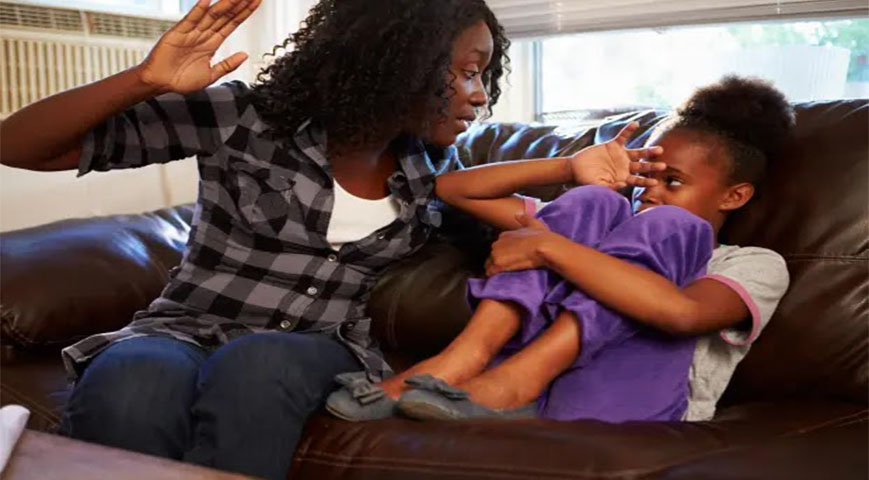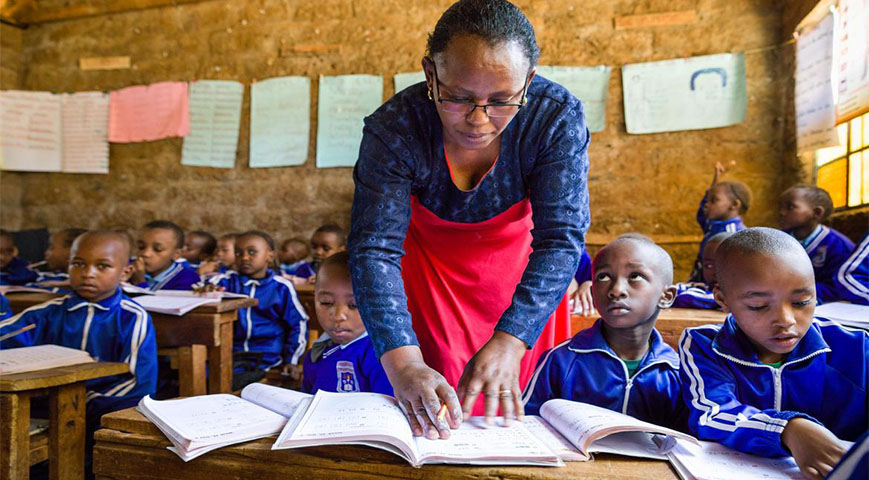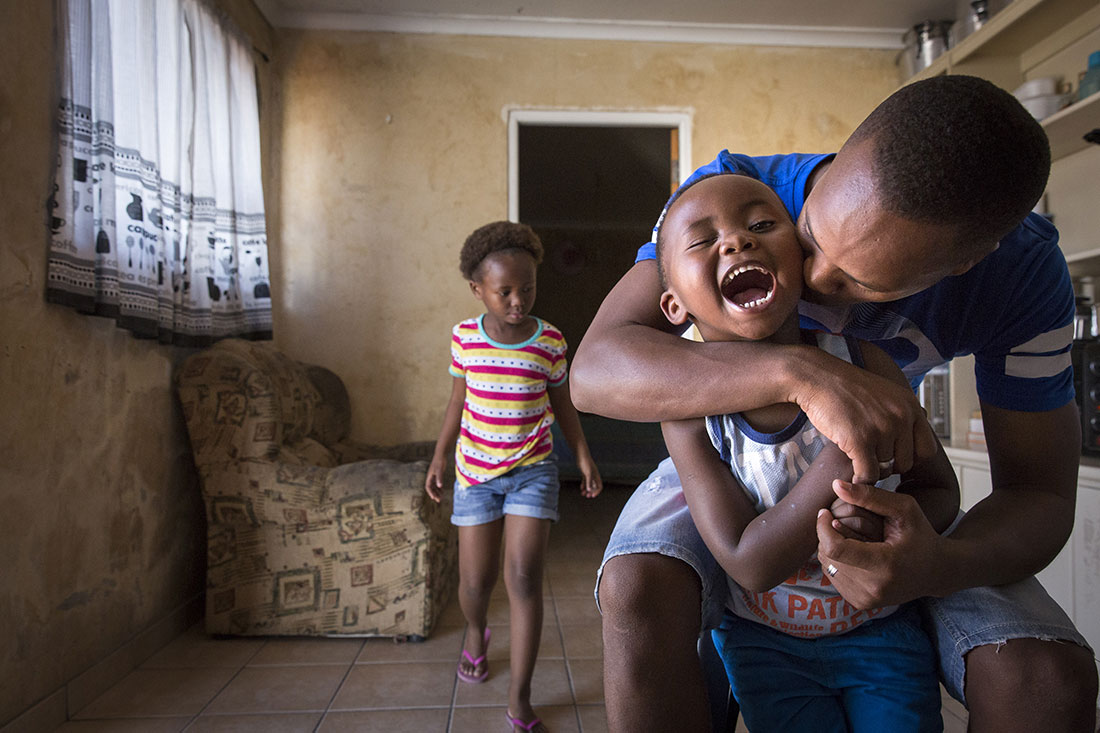Dealing with an unruly teenager can be a challenging and stressful experience for any parent or guardian.
Teenagers are going through a period of significant emotional, physical, and cognitive changes, which can make them moody, unpredictable, and at times, difficult to manage.
However, it is essential to understand that this behaviour is not uncommon, and there are ways to address and manage it effectively.
Remain Calm and Composed
One of the first things to keep in mind when dealing with an unruly teenager is to remain calm and composed.
It is natural for parents to feel frustrated, angry, or even helpless when faced with a teenager who is disobedient, defiant, or aggressive.
However, reacting impulsively or emotionally can escalate the situation and make it worse. Instead, it is important to take a step back, take a deep breath, and approach the situation with a clear and level head.
Listen To Them Actively And Empathetically
Another important strategy is to listen actively and empathetically to the teenager. Teenagers often feel misunderstood, ignored, or marginalized, and this can fuel their rebellious behaviour.
By taking the time to listen to their concerns, feelings, and opinions, parents can help teenagers feel heard, valued, and respected.
This, in turn, can lead to greater trust, cooperation, and openness in the relationship.
Set Clear And Consistent Boundaries
Setting clear and consistent boundaries and consequences is another critical aspect of dealing with an unruly teenager. Teenagers need structure, guidance, and rules to feel safe, secure, and responsible.
Therefore, it is essential to establish clear expectations and consequences for their behaviour, such as curfews, household chores, and limits on social media or technology use.
It is equally important to enforce these rules consistently and fairly, without resorting to harsh punishments or threats.
Positive Reinforcement
Positive reinforcement and praise are also effective ways to manage an unruly teenager.
Adolescents need validation, encouragement, and recognition for their accomplishments, no matter how small or insignificant they may seem.
By acknowledging and praising their efforts, achievements, and positive behaviour, parents can help build their self-esteem, confidence, and motivation.
This can also create a positive cycle of behaviour, where the teenager feels motivated to continue to behave well and make positive choices.
Building Trust And Connection
Building trust and connection with an unruly teenager is another vital strategy. Teenagers who feel disconnected, isolated, or unsupported by their parents or guardians may turn to negative influences or behaviours to fill that void
Therefore, it is important to foster a strong and positive relationship with the teenager, based on trust, respect, and communication.
This can involve spending quality time together, engaging in shared interests, or simply showing an interest in their life and experiences.
Seek Professional Help
Finally, seeking professional help or support may be necessary in some cases. Some teenagers may struggle with deeper emotional, behavioural, or mental health issues, such as depression, anxiety, or substance abuse.
In these situations, it is crucial to seek the help of a mental health professional, counsellor, or therapist, who can provide specialized support, guidance, and treatment.
Additionally, parent support groups or family therapy can offer valuable resources and strategies for managing the challenges of parenting an unruly teenager.
Conclusion
Dealing with an unruly teenager can be a daunting task, but it is important to approach it with patience, empathy, and a clear strategy.
By remaining calm, listening actively, setting clear boundaries and consequences, using positive reinforcement, building trust and connection, and seeking professional help if necessary, parents can effectively manage their teenager's behaviour and foster a positive and supportive relationship.
Ultimately, the goal is to help the teenager develop into a responsible, confident, and independent adult, while also maintaining a healthy and positive family dynamic.












